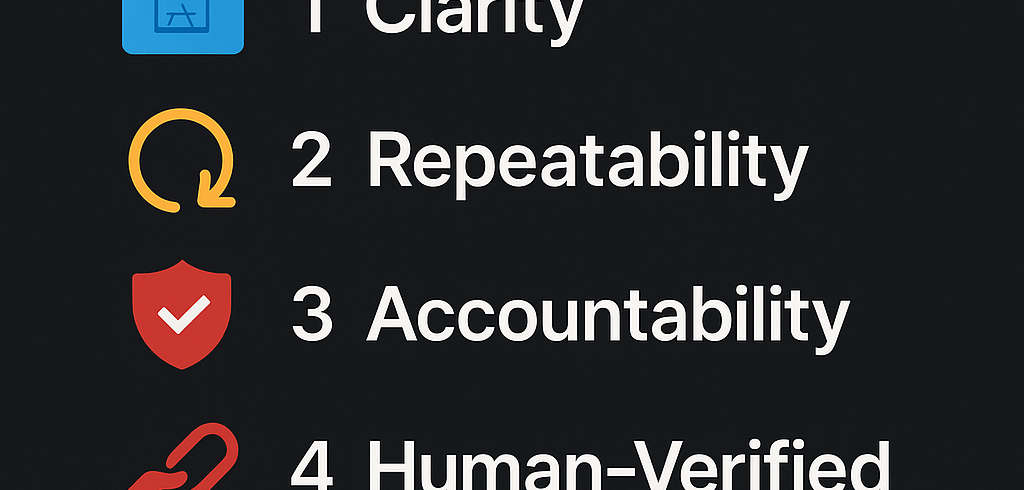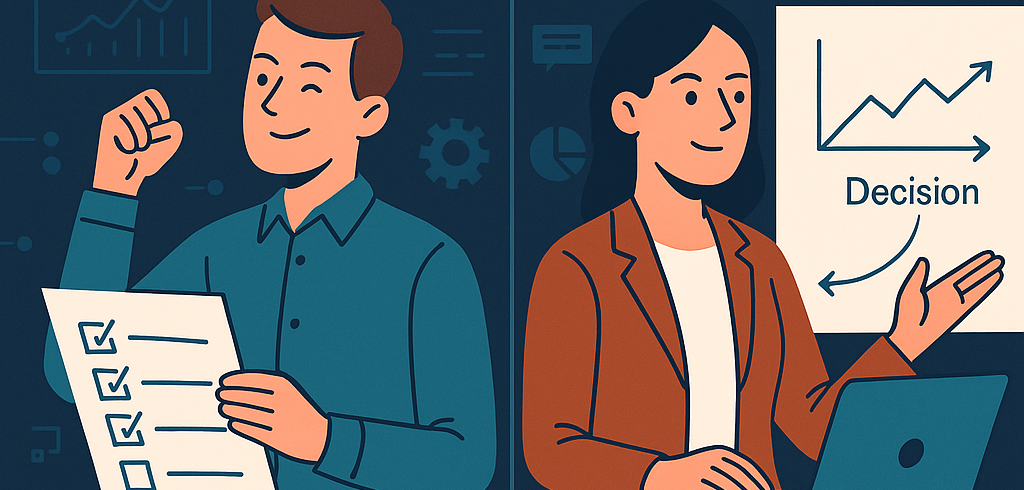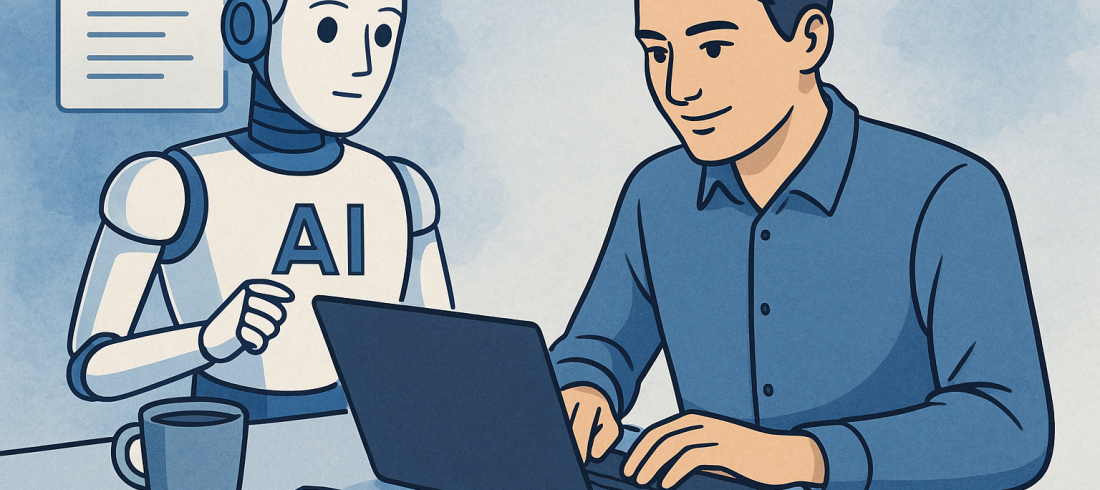Looking back over the past 20+ years, my coding style and experience have evolved dramatically. When I reflect on that journey, I see four distinct eras — each shaped by the tools, habits, and mindset of the time:
1. Read-the-Docs Era
In the early days, before the open-source explosion, I spent countless hours poring over thick documentation manuals for languages like SAS and SPSS. Release notes were like treasure maps; I would devour them as soon as they were published. If I ran into technical issues the docs couldn’t solve, I had to open service tickets or, believe it or not, call phone support! Online forums existed, but they were sparse and often unhelpful. You had to really dig for answers, and patience was a prerequisite.
2. Search-and-Rescue Era
Switching to R and Python opened up a new world. Suddenly, Google and Stack Overflow became indispensable tools — not just for debugging, but for learning entirely new concepts. Documentation was still there, but it often lagged behind community wisdom. The internet had become a massive, living user manual, and the way we learned to code was forever changed.
3. Tab-Tab-Tab Era
Then came GitHub Copilot. It felt like working with a friend who finishes your sentences — sometimes even before you knew where they were going. My productivity shot up. In the beginning, every autocomplete felt like magic; I’d smile every time Copilot filled in a function or suggested a fix. Over time, though, the magic became routine. It just worked.
4. Vibe-Coding Era
Now, I’ve entered what the so-called “Vibe-Coding” era. (The term “vibe coding” was coined by the great Andrej Karpathy.) Before this era began, I was using GitHub Copilot inside Neovim (my go-to editor) which means I didn’t get direct conversational support inside the editor. I had to copy-paste code into and out of ChatGPT, Claude, or Perplexity. But recently, switching to Cursor AI changed the game. Now I can chat with my code inside the editor. I find myself asking questions like, “Should I reorganize my files?”—and getting helpful, contextual responses without switching tools. Documentation is still something I value, but coding now feels more like a fluid conversation than a solitary task.
Each era has been shorter than the last. That alone makes me wonder: how long will the current one last? And what’s coming next?
Technology keeps evolving. And as it does, so do we.



